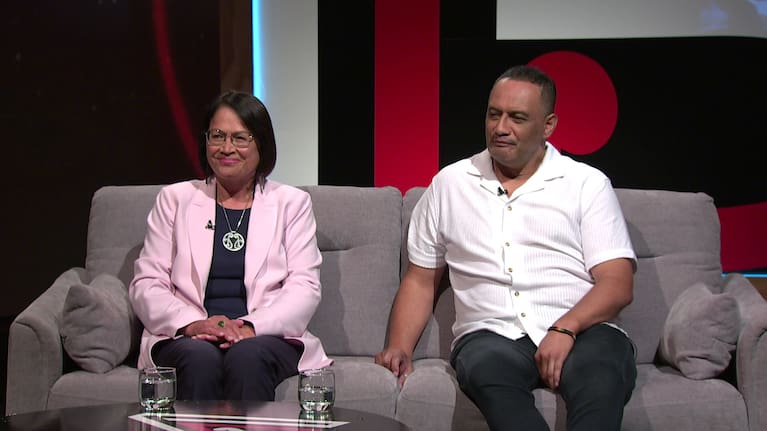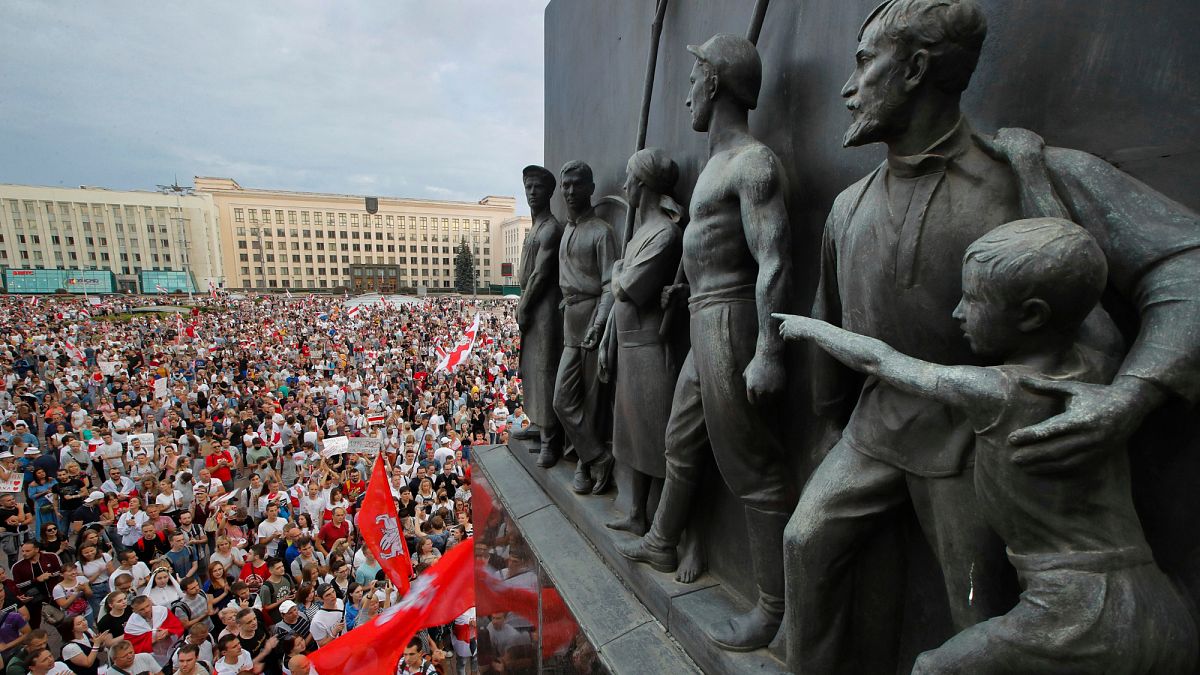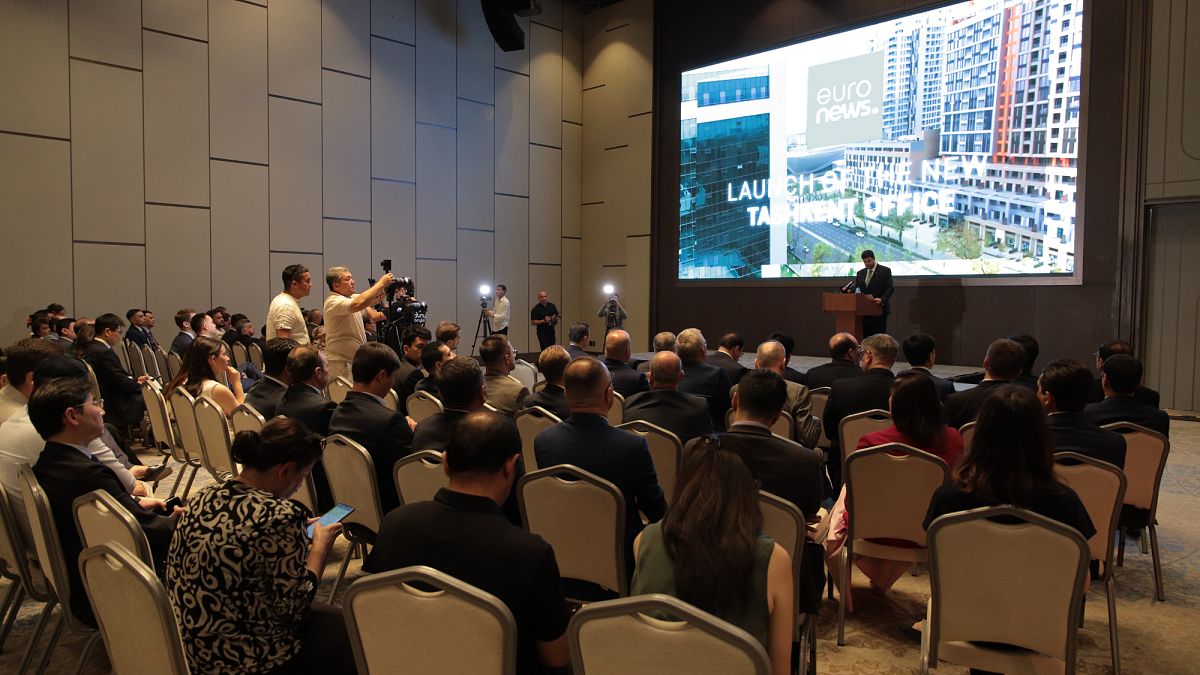Weathering the fallout over comments on how police presence makes some people feel less safe, Green MP Tamatha Paul appeared on Marae over the weekend to defend her view.
Paul said she had been given feedback around beat patrol “hostility” towards the homeless community and was told of a case which claimed officers threw out their belongings.
A former Wellington City councillor, Paul said she led an initiative that investigated alternative approaches to build city safety beyond relying on police action.
“We looked into things like active and ethical bystander intervention, having officers and wardens on the ground, we worked with the Māori Wardens, we know that there’s Pacific Wardens as well, we looked at urban design,” she said.
“We looked at every single way that you could make a city safer, and I knew that through that learning that there are slicker ways that you can make a city safe without pointing out to somebody that they might not otherwise be safe, such as a police presence suggests.”
She said a recent report on police delivery found there was systemic racism and systemic bias within the force, and it outlined the way that police officers “are not equipped to deal with people in severe state of mental distress” and that there was a lot of work to do.
“The best thing about that report is that the police themselves came out … and said yes, we accept this report, and we know that we’ve got a lot of mahi to do to build up that trust.”
Speaking as part of a discussion panel, managing director of Te Kōhao Health, Lady Tureiti Moxon, said policing can be done “a lot better” than what is being done now.
“We need to look at better ways of policing in this country, and certainly, we need to look at what we need for each community to build it up, rather than be very punitive which is what we are right now, and basically siphoning people off into Oranga Tamariki, into youth facilities and then into prisons.”
Former police inspector and community leader Hurimoana Dennis agreed and highlighted the need for leadership.
“When you have a criminal justice system that involves the police, courts, justice system and then Corrections, and then you have the same people traversing three different organisations, nothing is ever going to be what it needs to be, particularly so for Māori, but where is the leadership?”
The way forward
When asked for her thoughts on the way forward for New Zealand’s police and justice system, Paul said she would target the prison population in the short term.
“There are too many people in prison because they are poor, because they are disabled, because they are Māori. So, if we looked at that first, that would reduce the prison population. That’s a lot of money and resources that could be going into our schools, our hospitals, our roads – all of the things that we rely on to lead good, decent lives.”
She said she would also be “very surgical” about the power given to police.
“I would limit that. I would say, ‘Police, you are dealing with these matters only that you can deal with, and the rest of your mahi will be left to people with specialised experience that can actually respond in an evidence-based way, to the issues that you are currently responding to’.”

The police have already started the thinking, Dennis said.
“The mental health issues are a case in point. I think the police has been quite open about the fact that that belongs in another area, and I do agree with that, because that’s a long-term issue but the police need to be there when things don’t go well.
“But in the meantime, broadly speaking long-term, that belongs in another area and health quite frankly hasn’t been there.”
Dealing with mentally-impaired whānau has been an ongoing issue, he said – a complex issue made harder during a 4am callout.
“Trying to get a DAO [duly authorised officer] there at 4 o’clock in the morning – good luck. That’s not gonna happen.”
Dennis believes that ideally, police are not the first point of call when it comes to issues that arise in relation to mental health and tamariki because they deserve “a long-term approach and different innovations, and options inside of that”.
“The police can’t be the front door to everything. That’s not right, that’s not fair.”
A ‘seamless service’
Lady Tureiti said health “needs to take a bigger role in all of this”.
“The issue that we have in health is that we’re pretty much being gutted and the funding that should be going into these prevention types of solutions is not going that way.”
When asked if Māori Wardens should be given more responsibility, she said while the organisation is an important part of the community, a lack of funding continues to be an issue. Instead, a “much more joined-up, seamless service” is the way to go.
“What we have now is a disjointed services that work in silos,” she said. “We need to be working much more closely together and much more cohesively,” she said.
“The truth of the matter is the people in those communities know the people in those communities and they don’t work with them. A lot of people are frightened of them because the only time they see the police [is] in a negative situation.”
For more on this story you can watch this episode of Marae on TVNZ+ here.













